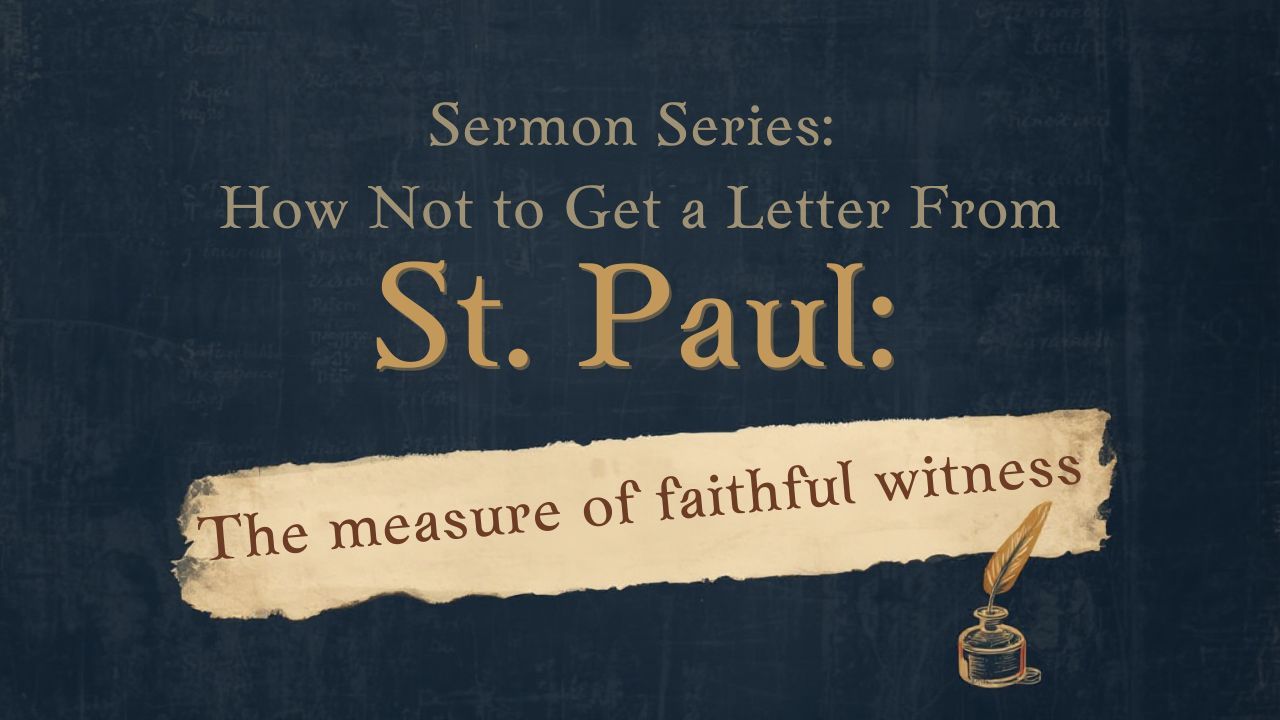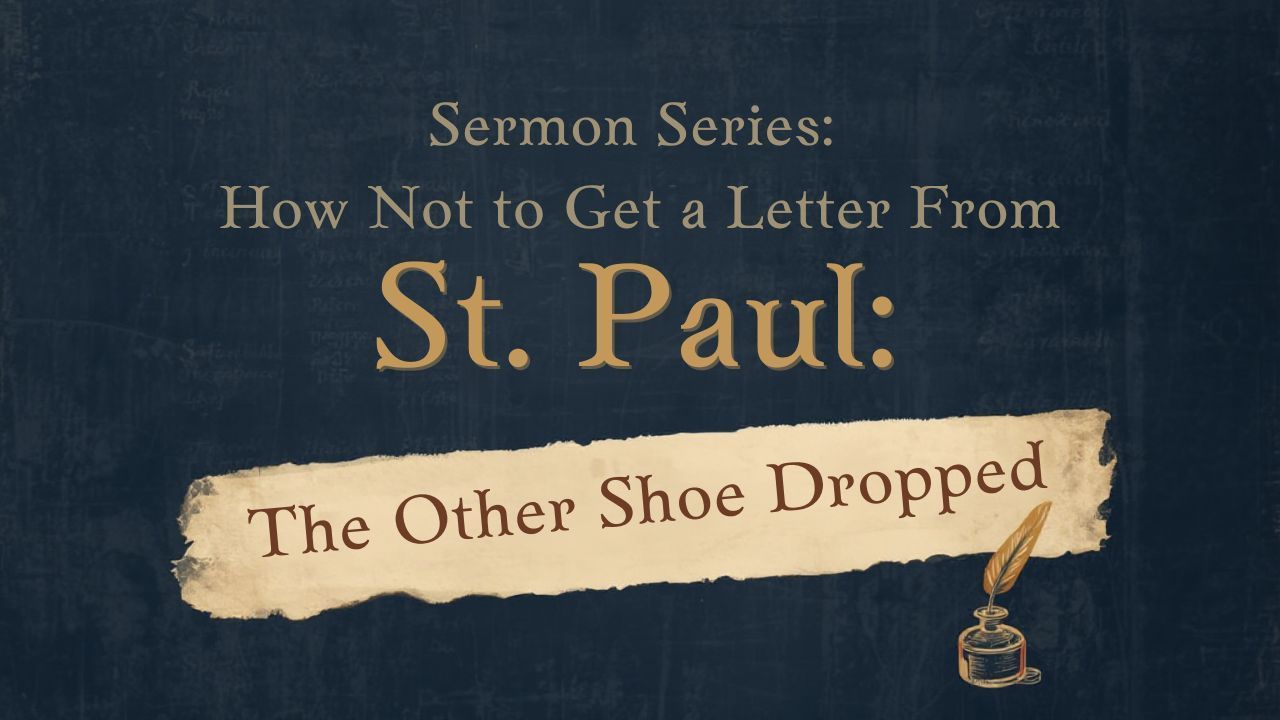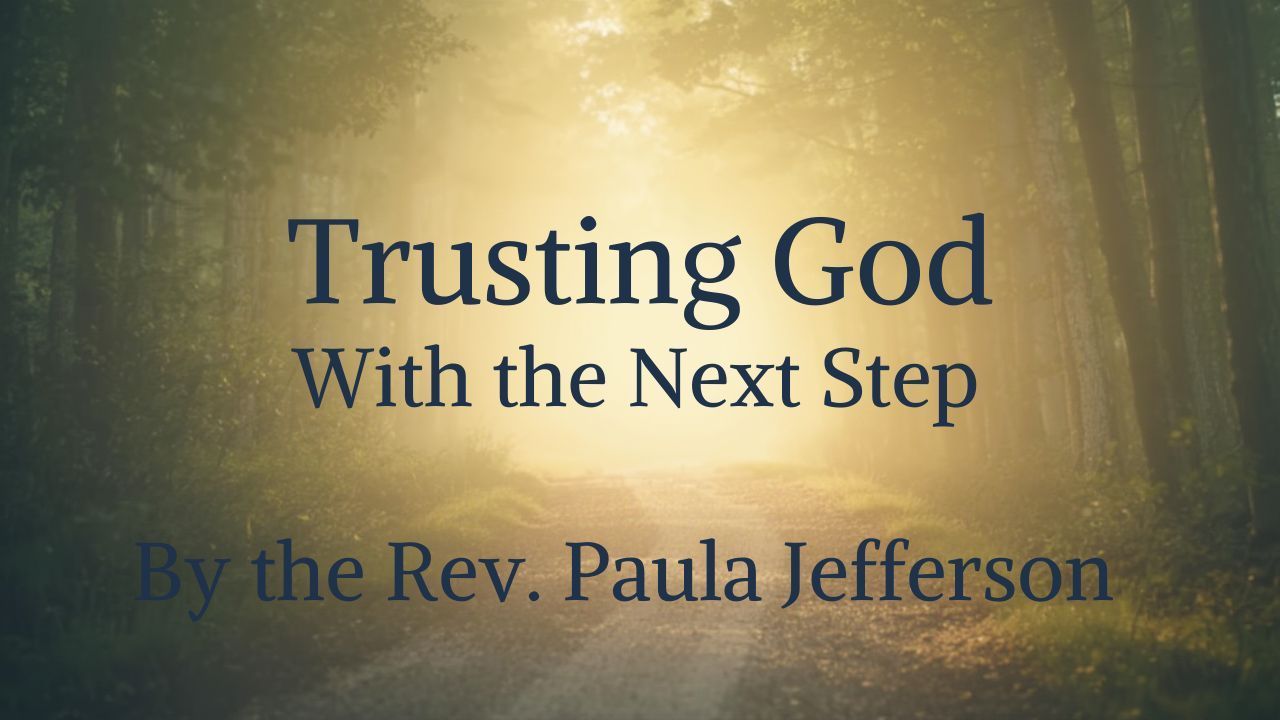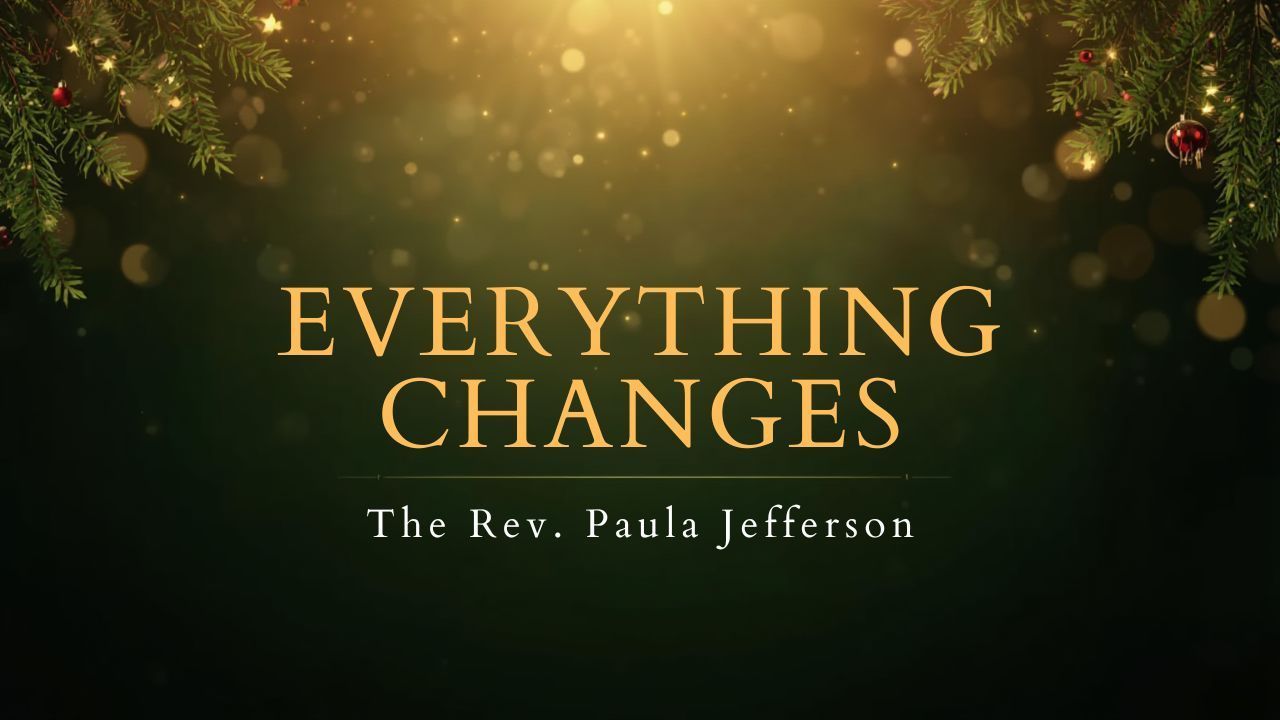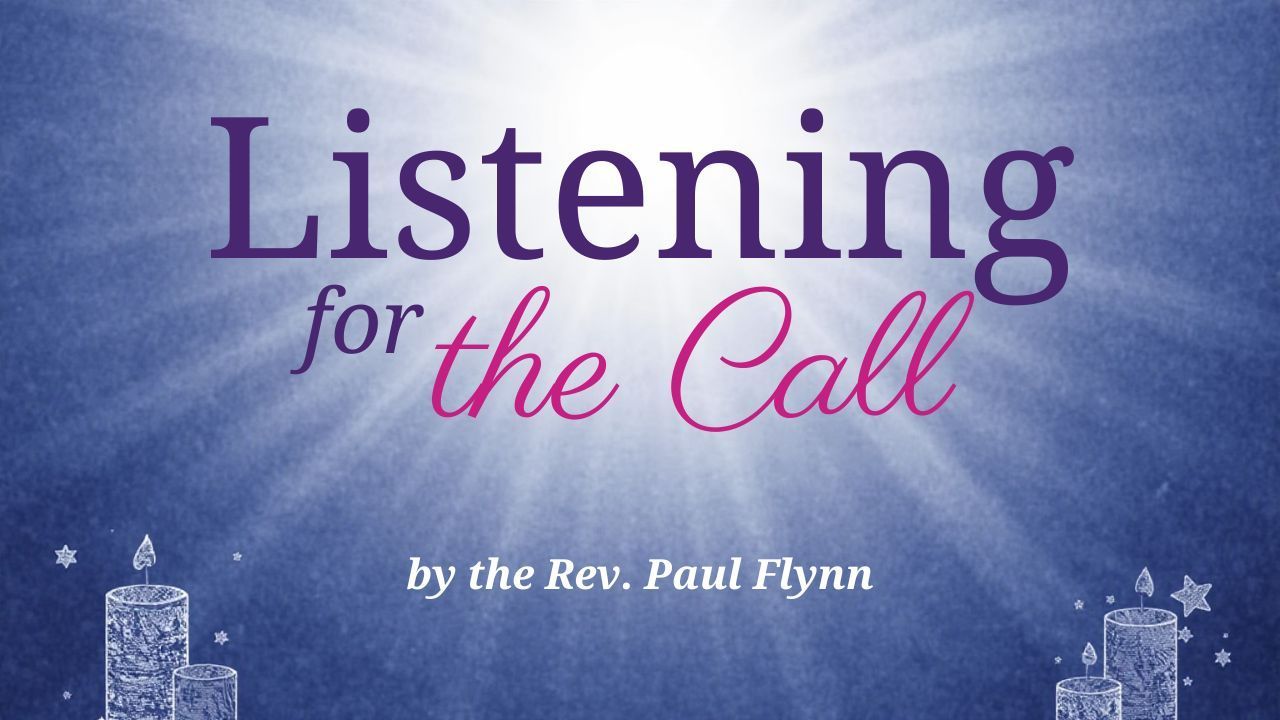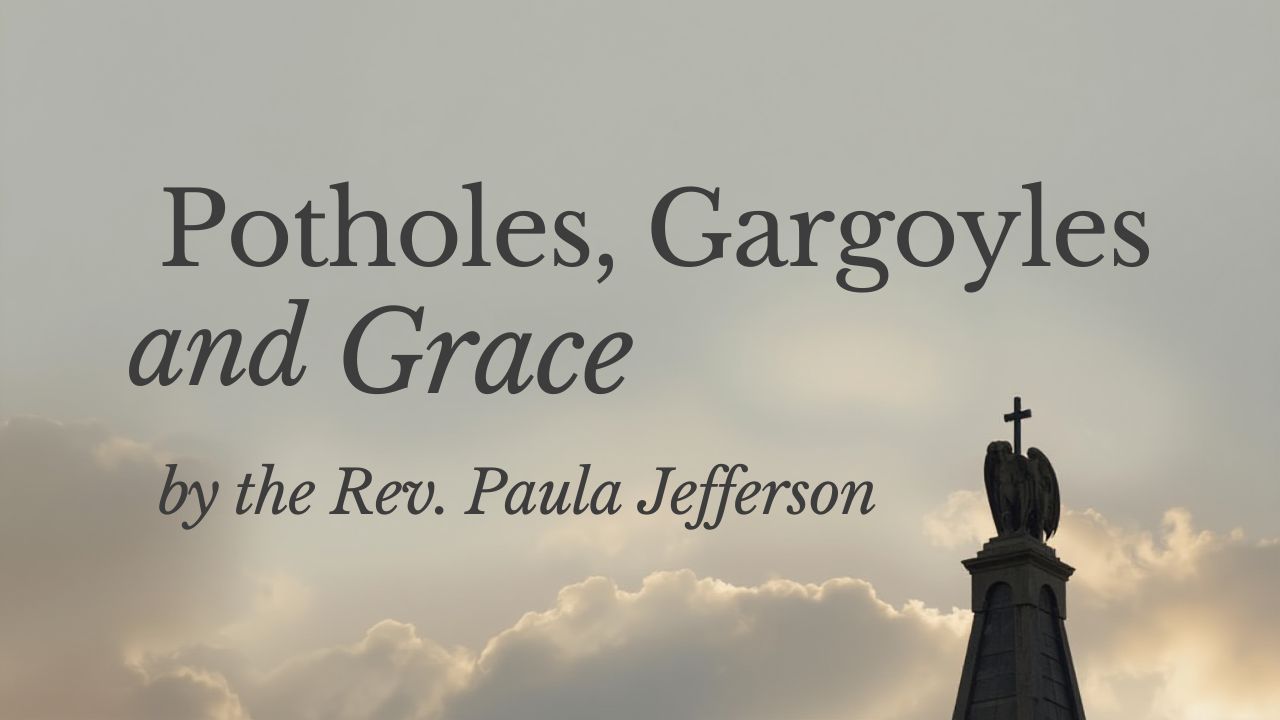Jesus was an amazing storyteller. Sometimes he used parables. All parables are stories… but not all stories are parables. A parable always illustrates a moral or spiritual lesson.
Today, Luke told us up front that the story of the Good Samaritan is a parable. There’s more to this story than doing—or not doing—a good deed. This is a moral lesson about what it means to love our neighbor.
The story begins with a lawyer who wants to test Jesus. “Who is my neighbor?”
This lawyer makes me think of all the times I pressed my parents’ buttons with questions… like… why are you giving me cow milk? Cow milk is for cows. Why would you give milk from another species to your child? (It’s a miracle that I’m alive.)
Testing authority seems to be a human trait… one that Jesus experienced many times.
He began the parable: A man was on the road from Jerusalem to Jericho.
In biblical times, the road between these two cities was a winding, dangerous path through the Wadi Qelt… a desert. In 2017, I spent a morning in the Wadi Qelt watching the sun rise. To this day, there are caravans of gypsies who live in the nooks and crannies of the desert. When you enter the desert, there are warning signs that read: Go back! You are entering an unsafe place.
Two thousand years ago, everyone knew that the area was dangerous. Jesus intentionally chose a danger zone as the backdrop for the parable. It was not unusual for someone to be robbed, beaten up, and left to die on this road.
Three characters enter the parable, one at a time.
The first character is a priest. Priests were responsible for temple rituals and sacrifices.
The second person is a Levite… Levites also worked at the temple, but not as priests. As with our parable: all priests were Levites, but not all Levites were priests.
The first two characters pass by the wounded man. Their neglect of a human in need emphasizes the hypocrisy of religious leaders who prioritized ritualistic purity over genuine acts of mercy and love.
The third character is a Samaritan. He comes from Samaria, a small region between Nazareth and Jerusalem. Jesus would have traveled through Samaria many times. But the dangerous road between Jerusalem and Jericho is not in Samaria. It is in Judea. The Samaritan is a foreigner traveling on a dangerous road.
He sees the wounded man in the ditch. Without any thought of his own safety, he walks toward the man. He tends the wounds, takes the man to an inn where he can recover, and pays for all of it from his own purse.
Jesus asked the lawyer, “Which of these three characters was a neighbor to the wounded man?” And the lawyer answered, “The one who showed him mercy.”
This week, I’ve been wondering how the mercy and generosity of the Samaritan changed the wounded man’s life.
We all know people who’ve gone to the hospital for emergency care… and then, six or eight weeks later, got an unbelievable bill.
The Samaritan anticipated the financial help this man would need. He prepaid the medical bills… and committed to pay whatever additional costs were incurred. There were no boundaries placed on his generosity.
When they first arrived at the inn, the Samaritan personally tended to the man’s care. After the trauma of being beaten, the consistent kindness of a familiar person would be very comforting. The Samaritan anticipated the impact of that trauma… he changed his own schedule so that he could be the one to care for the man’s wounds.
It’s as if the Samaritan empathetically put himself in the wounded man’s shoes and wondered, “What does he need to be restored to wholeness? To flourish as if this event never happened?”
Loving our neighbor comes with a standard of care that not only meets the immediate needs of our neighbor but also anticipates a path to restoration and wholeness.
To reach that level of care, you must know your neighbor.
Some of us are reading Jonathan Haidt’s book The Righteous Mind. His work challenges us to see morality not as a single, universal code, but as a tapestry woven from different cultures and values.
The Samaritan didn’t ask the wounded man to fit into his worldview before helping him. He simply loved him as he was.
To love our neighbor in the 21st century, we must do the same—recognizing and respecting the moral frameworks that shape others’ lives, even when they differ from our own.
Here’s a 21st-century version of today’s parable.
A lawyer asks Jesus, “Who is my neighbor?” And Jesus tells this parable:
A church was involved in litigation and lost. Its building and most other property were taken in satisfaction of the court proceeding.
Church leaders began calling nearby churches… seeking shelter… a place to gather and worship together.
Most of their calls were not returned. Some churches didn’t have enough space or time to be helpful.
The Good Samaritan church was a different denomination, but it was filled with mercy. The Samaritan learned that the church lost its property because it was unwilling to live only the easy parts of the Baptismal Covenant. Respecting the dignity of every human being is not easy.
The Samaritans welcomed the stranger into their home. They made space in the sacristy for another altar guild, space in the kitchen for another hospitality committee, space for staff, storage, and Sunday school classes. They shared everything they had.
The Samaritan anticipated the financial hardship of the stranger, and so they did not charge rent… just a fee to cover incremental costs.
This parable should sound familiar.
The parable of the Good Samaritan reminds us that loving our neighbor is not just about responding to immediate needs—it’s about walking alongside, anticipating struggles, helping others flourish.
We’ve experienced this kind of love first-hand. We were met with mercy and generosity by neighbors who saw us as we were and chose to love us.
So now, the questions for us are: How will we be Good Samaritans in the lives of others? And who are the neighbors we are called to love—not as we wish them to be, but as they truly are?
May God give us the wisdom and courage to be that Good Samaritan.





